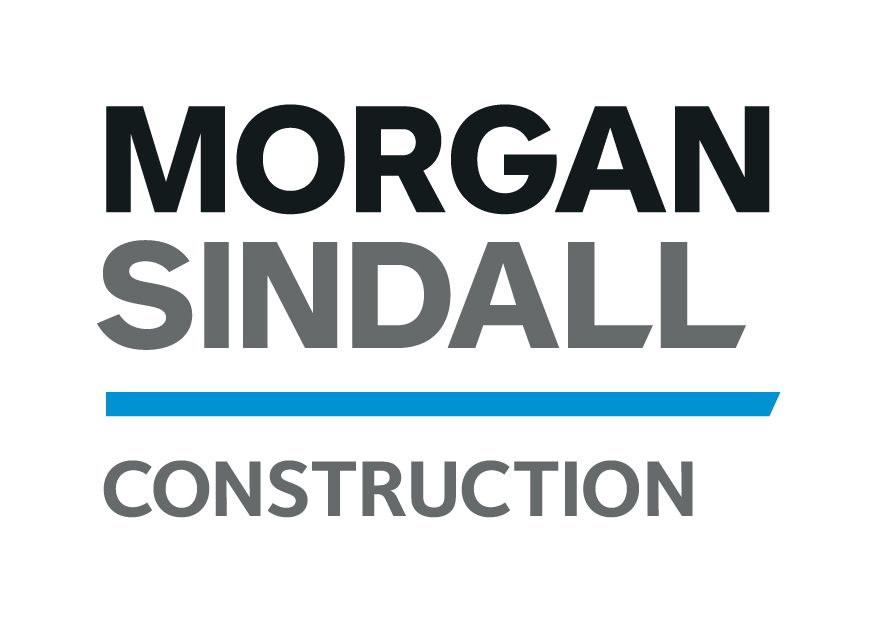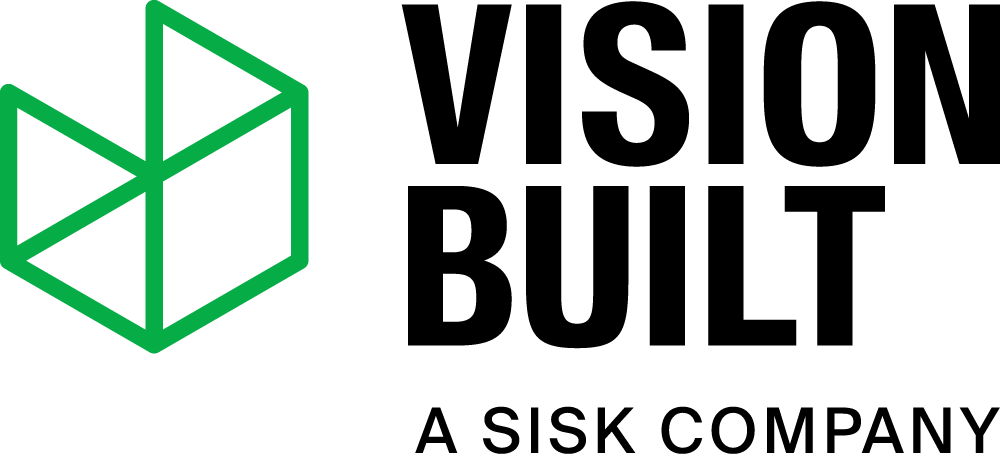Conference Programme 2025
Scroll down to view the Conference Programme
The conference aims to bring representatives from across the public sector together to connect, learn and collaborate on common challenges and discover how these issues are being tackled in other parts of the public estate. It tackles key challenges such as implementing Government legislation, sustainability & decarbonisation, regeneration, masterplanning and what good estate management looks like. The conference is CPD-accredited and organised with participation from the Ministry of Defence, the Department for Education, the Greater London Authority and several other public and private organisations, sharing their experiences and expertise.




)
)
)
)
)
)
)

)
)
)
)
)
)
)
)
)
)
)
)
)
)
)
)
)
)
)
)
)
)
)
)
)
)
)
)
)



